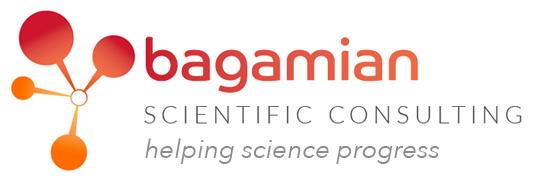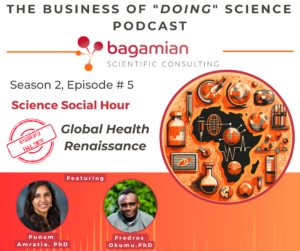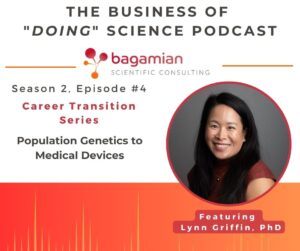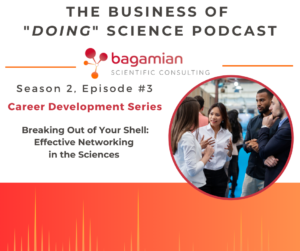
This article is a follow up to Episode 3 of our podcast, “The Business of Doing Science”. If you haven’t yet listened to this episode, you can find it here.
Traditionally, the goal associated with acquiring certain advanced degrees was to obtain a job teaching that area of expertise within the academic sector. In fact, graduate programs were historically designed primarily to prepare their students for this path (we discuss this briefly in our recent podcast episode). Therefore, many graduate students enter their programs intending and expecting to secure an academic position post-graduation. However, a large percentage of these individuals will not secure academic positions, despite being highly qualified candidates. Over the course of their career, about 90% will ultimately end up making the daunting transition from working in academia to an industry-based or government job.
If you are considering making this bold change, here are some tips to help start your transition:
- Meet people face-to-face: One of the primary ways genuine trust can be formed is by meeting people face-to-face and networking. While it is undoubtedly helpful for you to build your network by initiating these connections virtually—through email, social media, or LinkedIn—make sure to continue building these relationships through offline engagement. For example, hand out business cards at an in-person breakfast networking event and make sure to follow up after the event by connecting to your new contact through email or social media. Just remember that making the right connection can be the difference between landing an interview or not.
- Leverage your abilities: Remember—earning a graduate degree means you have already spent considerable time and effort developing and honing many marketable skills. These skills likely range from the specific technical skills inherent to your discipline to others common across all programs, such as writing, critical thinking, simple graphics production, or assembling high-level documents and presentations. Emphasize the skills you have that are relevant to your desired job and think about how your expertise relates to skills expected by potential employers. For example, time spent developing curriculum as a graduate teaching assistant would easily become relevant if you were searching for a job as an instructional designer.
- Find the right transition point: If you are struggling with how to determine when it’s the right time to transition from academia to industry, ask yourself, “What are my long-term career goals? Is what I am doing right now fulfilling them?” If the answer is no, then now is the perfect time to begin searching for information to aid your transition and applicable opportunities. Additionally, it is important to consider whether you truly feel valued in your current academic role. If you feel as if you are constantly overlooked when high-level decisions are being made in your department, it may be a great time for you to consider making a change. Ultimately, what needs to be considered is whether taking the leap now would pay off down to line when it comes to achieving your future career goals.
- Value innovation: Recognize that industry employers expect you to provide a return on their investment for every project, giving you multiple opportunities to integrate what you learned during your time as an academic researcher into your new job. Consider how your unique skills and approaches can benefit a work project and contribute to bigger and better outcomes for your new company.
These are just some tips to help ease your transition from academia to industry. To hear firsthand accounts of career transitions and other helpful tips, subscribe to our podcast, The Business of Doing Science, which is available on most of your favorite platforms.




